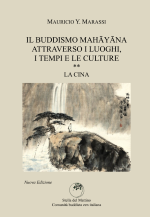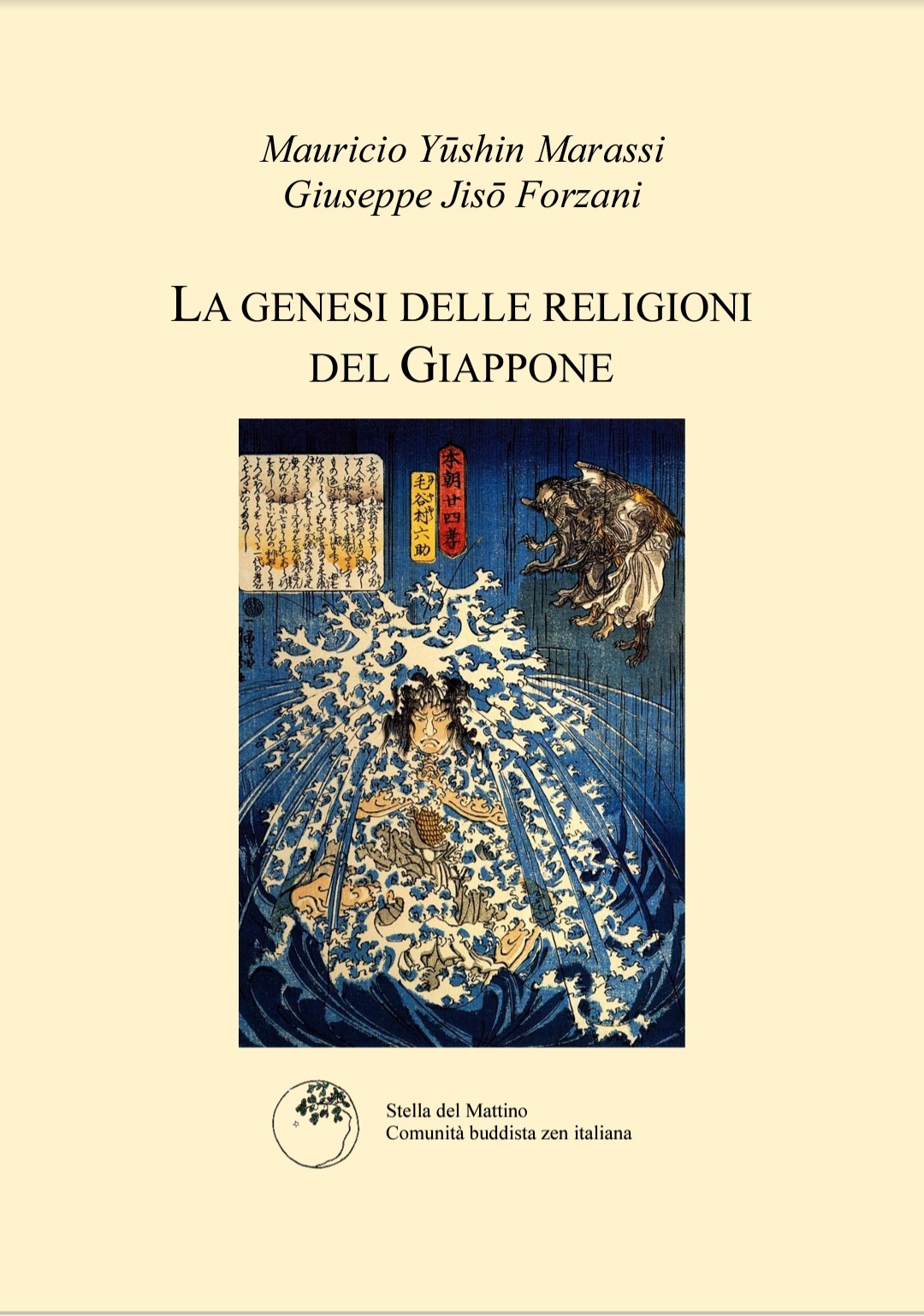[jLanguage default=”british”][italian][/italian][british][/british]
[british]By Dario Rivarossa[/british]
[italian]Di Dario Rivarossa[/italian]

[british]
GALILEO AND HIS DADA DEFENDER
[/british]
[italian]
GALILEO E IL SUO AVVOCATO DADAISTA
[/italian]
[british]
If any subject deserves more than others to be dealt with in this column called “Unlikely”, it probably is Tommaso Campanella’s book “In Defence of Galileo”, written in 1616 in order to persuade the Vatican of the fact that Galileo Galilei’s ideas about astronomy (i.e. the Copernican standpoint, according to which the Sun is in the centre of the universe and the Earth spins around it) was not against the teachings in the Bible, as well as in the Catholic tradition.
[/british]
[italian]
Un clamoroso esempio di approccio “zen” (1) alla vita è l’Apologia di Galileo scritta da Tommaso Campanella nel 1616 allo scopo di convincere il Vaticano che il sistema copernicano difeso dallo scienziato toscano non si opponeva alla Bibbia né alla tradizione cattolica.
[/italian]
[british]
A very noble aim, all the more so as Campanella did not share many of Galileo’s views, and in spite of this he was the only one who did attempt such a defence.It did not succeed.
Not only because the Vatican judges – the well and sadly known Inquisition – had to play their role as “the villains”, but also because Campanella himself acted in a way that, according to us, was wonderfully Dada, but which of course could hardly be expected to achieve its goal under those circumstances.
First of all, the philosopher-monk was himself in prison at that time, since his ideas were also suspected to be heretical. In fact, Galileo even tried to hide the “friendship” existing between the two of them: it could not but worsen his own position.
But, above all, Campanella’s whole line of defence was as crazy as possible. This makes him dear and nice to us, but not so with the Inquisition… Just summing it up: in order to show that Galileo was right, he kept on quoting authors like Origen and Giordano Bruno (!!!), that is, in the eyes of the Papal theologians, the outdated thinker who was considered the master of all mistakes, and the fiendish criminal who has been burnt alive in Rome not many years before.
Moreover, Campanella could not help referring, again and again, to the conjecture of other worlds scattered all over the universe, inhabited by beings maybe quite different from man, and maybe not needing to be saved from sin. A good plot for “E.T. – Philosopher’s Cut”, that unfortunately was not the case.
So, poor Galileo, poor Campanella, poor judges, after so many struggles, it finally turns out that you all were wrong. There doesn’t exist any fixed point among the stars, neither Earth not Sun. But is precisely about the way science and knowledge should work that Fr. Tommaso left us his most intriguing legacy.
A definitely Zen approach.
The principles of any true research in fact, according to Campanella who adapts some sentences by St. Bernard, Pope Leo the Great and St. Paul, are the following:
– As long as you stick to things, you won’t get new ones;
– If someone believes that he has already found, he does not find what he is looking for: he looks in vain;
– Those who think they know, they don’t know “how” they should know.[/british]
[italian]
Uno scopo di grande nobiltà, tanto più che Campanella non condivideva molte idee di Galileo, ma ciononostante fu l’unico a muovere un dito per difenderlo.
Ma non funzionò. E non solo perché i famigerati inquisitori dovevano interpretare il proprio ruolo di “cattivi di turno”, ma anche perché il frate filosofo agì in un modo che, secondo noi, era un capolavoro dadaista, ma che ben difficilmente in quelle circostanze poteva sperare di ottenere qualcosa.
Anzitutto, lui stesso all’epoca si trovava in carcere, siccome il suo stesso sistema di pensiero era in odore di eresia. Tant’è vero che Galileo fece del suo meglio per tenere nascosta quell’amicizia compromettente, che non poteva fare altro che peggiorare le cose.
Ma, soprattutto, l’intera linea di difesa adottata da Campanella era pura follia. Il che ce lo rende simpaticissimo, ma non ebbe lo stesso effetto sull’Inquisizione… Tanto per capirci: per dimostrare che Galileo aveva ragione, il frate calabrese continuò a chiamare in causa autori come Origene e Giordano Bruno (!!!), vale a dire – agli occhi di Roma – l’antico ed emarginato teologo, considerato il padre di tutte le eresie, e il demonio incarnato che era stato messo al rogo non molti anni prima. Per giunta, Campanella non riusciva a fare a meno di citare a ogni piè sospinto l’ipotesi dell’esistenza di “altri mondi” sparsi per l’universo, abitati da esseri forse molto diversi dagli umani e forse non bisognosi di redenzione. Un ottimo plot per un E.T. – Philosopher’s Cut, peccato che non fosse il momento adatto.
Ma, povero Galileo, povero Campanella, poveri giudici, dopo tante fatiche e tanto sangue, viene fuori che vi sbagliavate tutti: non esiste nessun “punto fisso” nel cosmo, né la Terra né il Sole. E però, è proprio sul modo in cui dovrebbero procedere la scienza e, in generale, la conoscenza che il frate filosofo ci ha lasciato l’eredità più preziosa.
E quanto di più buddista. I principi di ogni ricerca autentica, secondo Campanella che riadatta alcune sentenze di san Bernardo di Chiaravalle, papa Leone Magno e san Paolo, sono infatti i seguenti:
– Dum ita retines, aliud non accipies (finché trattieni, non ricevi altro);
– Qui putat se invenisse, non reperit quaesita, sed in inquisitione deficit circa divina (nelle realtà divine, chi ritiene di avere trovato qualcosa non ha raggiunto lo scopo, ma fallisce la ricerca);
– Nec, qui putant se scire… hi sciunt, quomodo oporteat eos scire (coloro che ritengono di sapere, non sanno “come” bisogna sapere).
[/italian]
[italian]
[/italian]
Se volete, lasciate un commento.
You must be logged in to post a comment.







